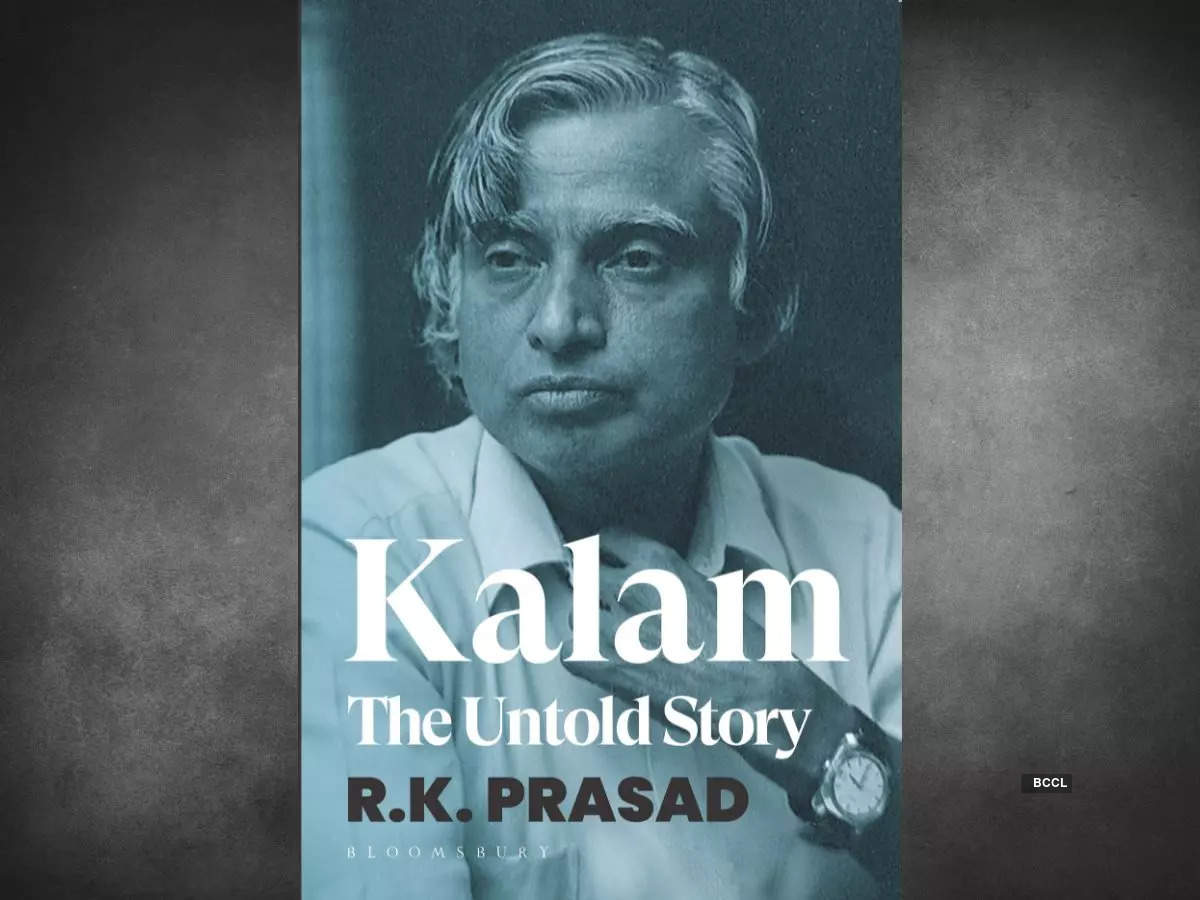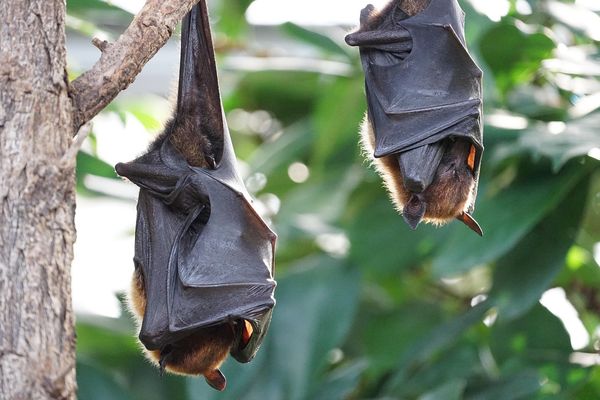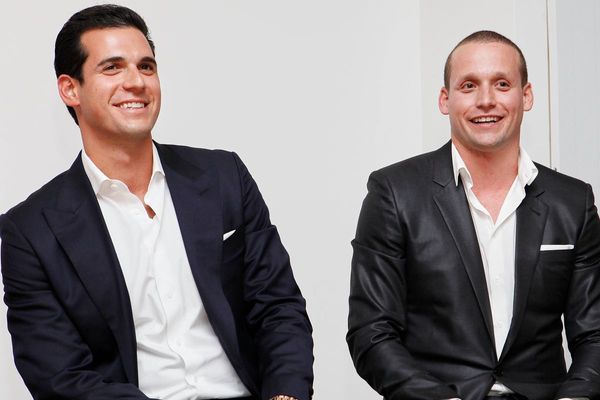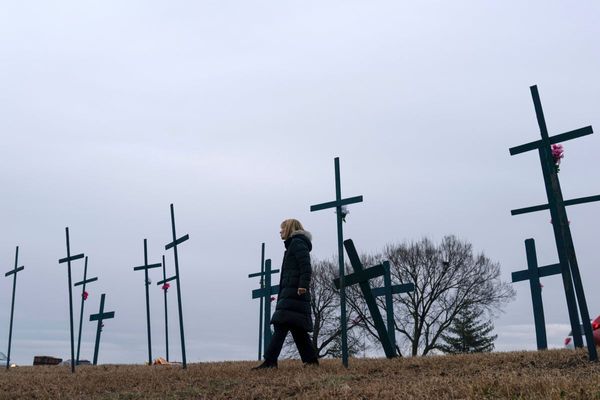
Indian aerospace scientist and the 11th President of India, Dr APJ Abdul Kalam was born on October 15, 1931 in Rameswaram, Tamil Nadu. Hailing from a humble background, Kalam not only achieved great success in his professional life but also inspired hundreds of people through his works. Remembering the man that he was and throwing light on the political, personal, and social aspects of his life, a new book about him titled 'Kalam: The Untold Story' has been penned by R.K. Prasad. The author worked as Kalam's private secretary from 1993 to 2015, when Dr Kalam died, and in this book he gives a rare glimpse of Dr Kalam's extraordinary life.
Remembering Dr Kalam on his 91st birthday today, here we share an exclusive excerpt from 'Kalam: The Untold Story' by R.K. Prasad.
Kalam and Modi
Since the beginning Narendra Modi and Kalam had shared a congenial relationship. Whenever there was an important function in Gujarat, Modi, as the chief minister, used to invite Kalam, and the latter reciprocated favourably. If the invitation was from Modi, a Gujarat trip was assured for Kalam. It was like ‘Modi invites, Kalam goes’. The blip in their relationship happened in 2013. Kalam was in Gujarat at the chief minister’s invitation to address a government function on 29 June on the theme of good governance. After the function, the two spent time in a room adjacent to the venue. Modi told Kalam that he wanted him to lay the foundation stone for a big statue of Sardar Patel, which was going to be the largest statue in the country. For the first time, Kalam politely declined a request from him saying that as a matter of principle he had stopped laying foundation stones and unveiling statues. The chief minister followed up the invitation with a letter the next day. Once again Kalam declined politely.
It was several months before communications resumed. In March 2014 Kalam received a message about the ailing Brahmaswarup Pramukh Swami Maharaj of the BAPS Swaminarayan sect, whom he respected a lot. The swami stayed in his ashram in Sarangpur village in Botad district of Gujarat, about 150 kilometres from Ahmedabad airport. Since it was a long journey by road, I suggested to Kalam that we request the chief minister’s office for a helicopter for the journey to and from Ahmedabad airport to Sarangpur to avoid a tiring road journey. Kalam was dead against making any such request to the government, that too after he had declined the chief minister’s request a few months earlier. Still, at my persuasion, Kalam agreed and allowed me to contact the chief minister’s office. I texted Sanjay Bhavsar, officer on special duty to the chief minister, and in no time permission was granted through WhatsApp for use of the helicopter.
Despite this, the silence between Kalam and Modi continued. Two months later, the NDA, led by Modi, won a landslide victory in the general elections. Usually, Kalam took the initiative to call the winning candidate. This time there was conspicuous hesitancy on his part. Ultimately, one evening, I had to remind him repeatedly to call the prime-minister-designate to congratulate him. When I prompted him he would say, ‘Oh, BJP has won majority? So, he [Modi] is the prime minister?’ But he never asked me to connect him to the prime-minister in- waiting. I continued to remind him about it until he finally agreed to talk to Modi. It was the last week of May and Modi was at Gujarat Bhavan, waiting to take charge. I connected Kalam to Modi through the resident commissioner Gujarat who was with him. They talked for some time. Kalam said, ‘Modiji, congratulations. You work for a new India, greater India. Work for Vision 2020. My programme is already there.’ From his expression, I figured that there was cordial reciprocation from the other side. Later, Kalam was formally invited to the swearing-in ceremony, which he attended. There can be two reasons for the unusual hesitancy Kalam had exhibited in congratulating Modi: one, his general lethargy and slowness following an illness in November 2013, and two, he did not want any comment that he was trying to get close to the powers that be. Kalam was very proud of a ten-point note he had prepared to give Modi in anticipation of a meeting after Modi became prime minister, when he was to visit him at Rajaji Marg.
Apparently, the visit did not happen.
(Published with permission by Bloomsbury India).







